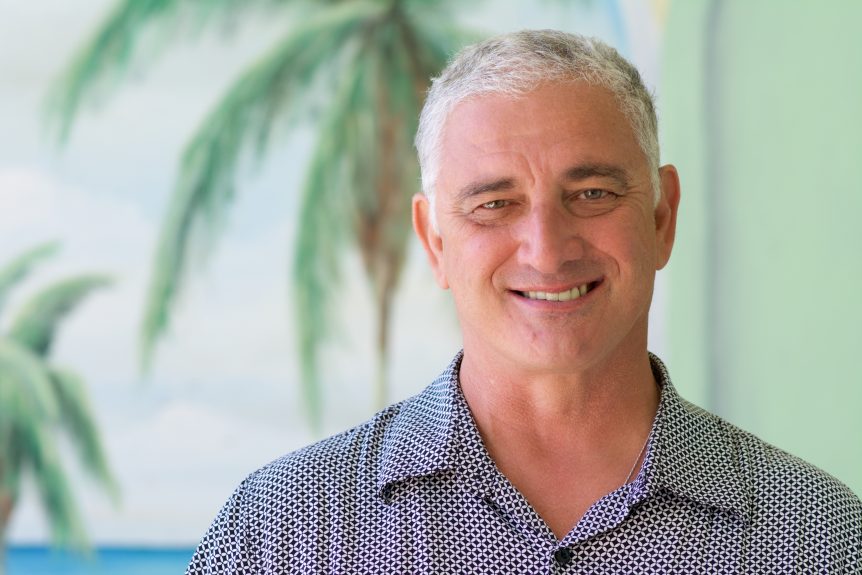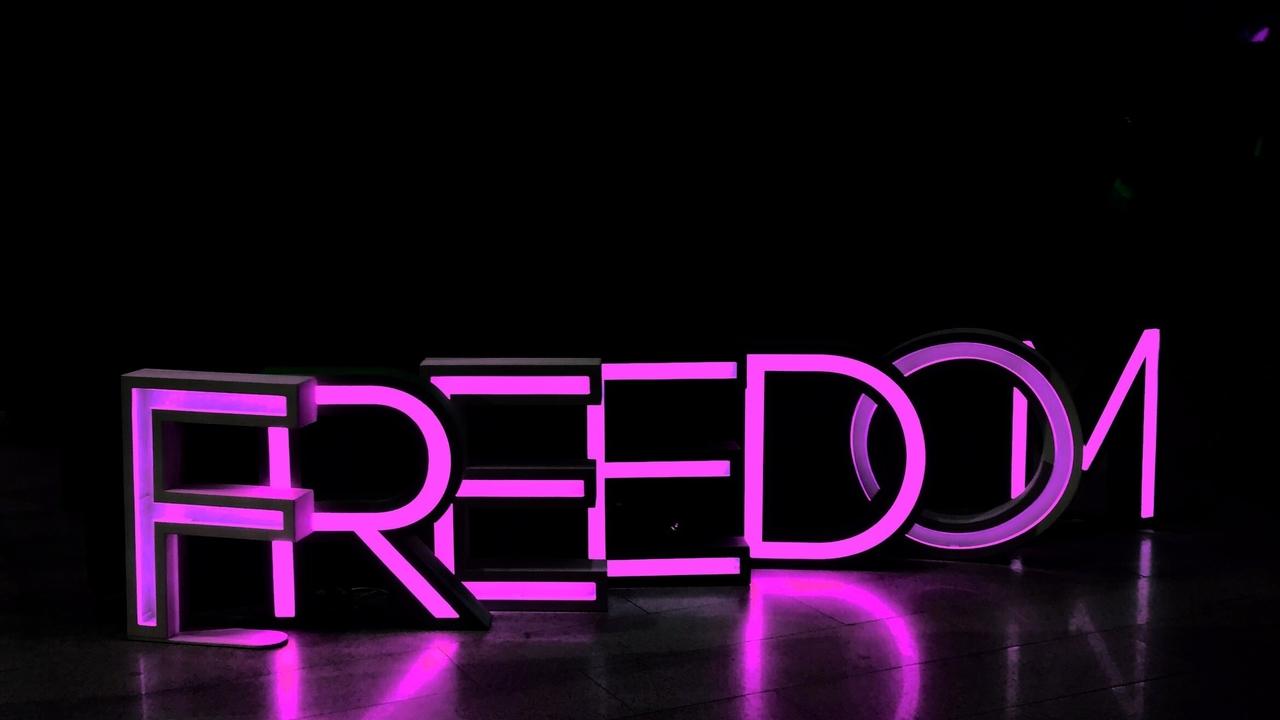Take me to “A Catholic’s Guide to Self-Help”
by Dr. Andrew Dobo
Clients of trauma therapists often say things like, “Everyone says I just need to forgive him and move on” or “You can’t keep holding a grudge, forgive and forget.” Well-meaning family, friends, priests, and ministers encourage them to just forgive them, and everything will be just fine.
In reality, we need a more sophisticated understanding of the horrific experiences that the victims endured and the role forgiveness may or may not play in the healing process.
Understand What Forgiveness Means in the Wake of Abuse
It is not a hard sell to the abused client who was groomed to accept blame for the deeds of the perpetrator. They say and believe things like, “If I didn’t get on grandpa’s lap that day when I was three, he wouldn’t have had to molest me.” It is not unusual to hear a victim of rape, childhood molestation, physical or emotional abuse feel responsible for it all. When victims like these are told to “just forgive,” and everything will be alright, they will try to forgive, and when they fail, the victimization continues.
With images of the abuse haunting them for decades, abuse victims hear that call to forgive differently. If they cannot forgive, they believe again that they are now a bad person, a bad Christian or a disappointment to some person or, worse yet, to God.
Embracing Surrender Without Forgiveness
The good news is that forgiveness is not necessary for the trauma therapy known as EMDR to heal the client from the effects of the horrific childhood. The science behind this therapy requires nothing from the client except surrender to the process. Surrendering activates the innate self-healing mechanism that we all possess. Forgiveness is not required, but surrender is, and when this process works at its best, the client does not get what they want. They get what is true.
Forgiveness, for some, maybe true and necessary, but it is always a choice. For others, the thought of forgiveness is never considered, and that is okay too. The initial requirement for a trauma victim is not forgiveness; it is surrender. This healing process that begins with surrender is a Christian journey. Christ too surrendered to his truth, “not my will but yours.” Forgiveness came later. There is no wholeness without surrender. The is no resurrection without surrender.
Allowing Forgiveness as a Choice
As Christians, but especially as Catholics who have the sacrament of confession, we often forget that there is a prerequisite for forgiveness. We must ask to be forgiven. This sacrament exists for this exact purpose. However, with trauma victims, forgiveness is sometimes forced upon them.
The therapy of EMDR allows the victim to choose. When symptoms are resolved, emotions diminished, and identity shifts from victim to a mentally healthy individual, the choice to forgive or not becomes obvious, free from historical, emotional influence. They are free. Free to choose whatever is best for them and for those they love. Forgive or not forgive, they decide and determine what is best for their soul. Forgiving is not an order, not a demand, and not a requirement. It is at that point, a choice, a free and unencumbered choice.
Dr. Andrew Dobo
 Dr. Andrew Dobo is a certified EMDR therapist and also an approved consultant. As an approved consultant he supervises therapists who are seeking EMDR certification. He is owner of EMDR Institute of Florida and a CEU provider in the State of Florida training therapist about EMDR. Dr. Dobo’s book, Unburdening Souls at the Speed of Thought: Psychology, Christianity and the Transforming Power of EMDR was on Amazon’s top ten EMDR books for much of 2015. Contact Andrew Dobo.
Dr. Andrew Dobo is a certified EMDR therapist and also an approved consultant. As an approved consultant he supervises therapists who are seeking EMDR certification. He is owner of EMDR Institute of Florida and a CEU provider in the State of Florida training therapist about EMDR. Dr. Dobo’s book, Unburdening Souls at the Speed of Thought: Psychology, Christianity and the Transforming Power of EMDR was on Amazon’s top ten EMDR books for much of 2015. Contact Andrew Dobo.
